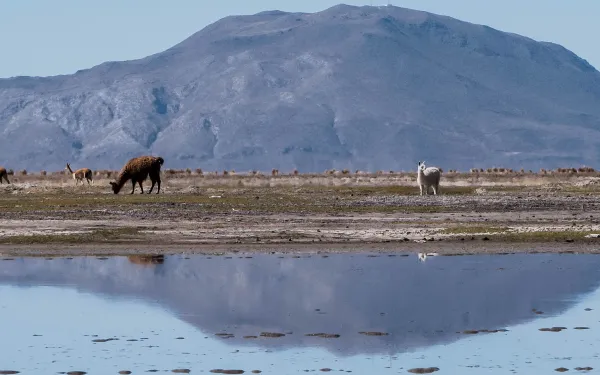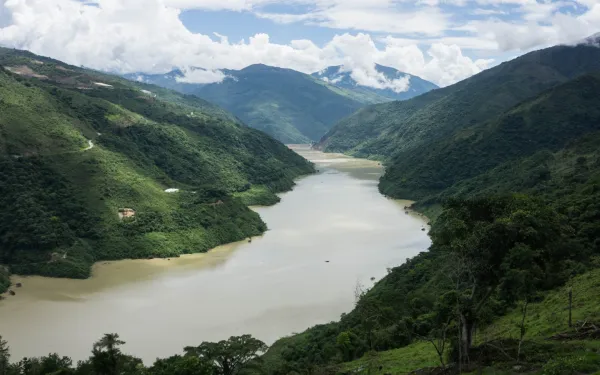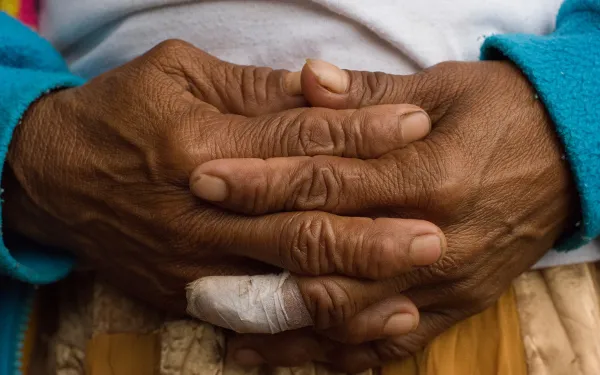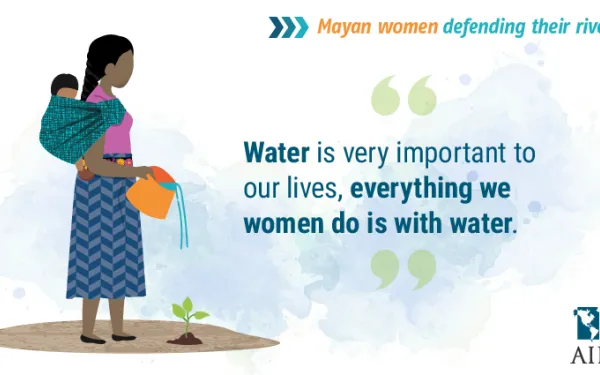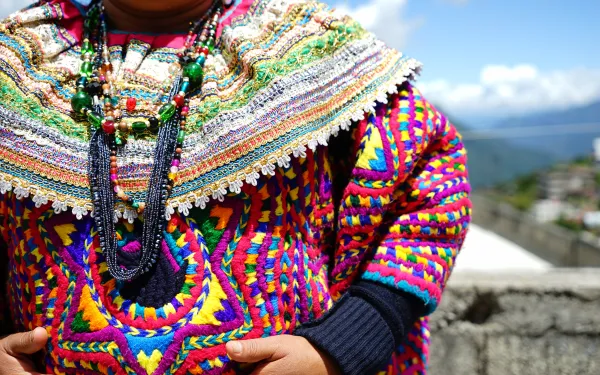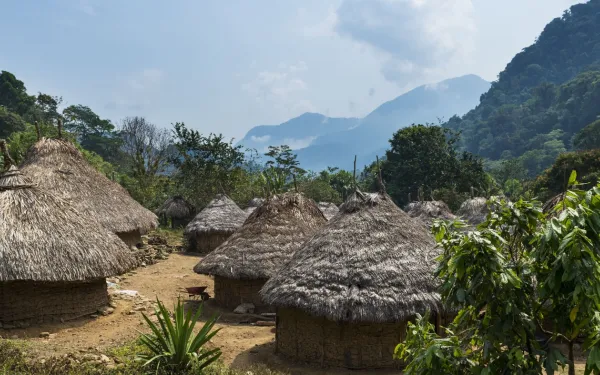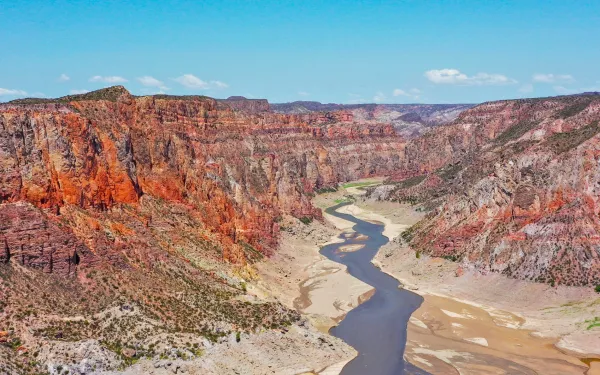
Fracking regulation in Mendoza violates Argentina's climate commitments
AIDA filed a legal brief before the Supreme Court of Mendoza arguing the unconstitutionality of a decree allowing for unconventional oil and gas drilling through hydraulic fracturing in the Argentine province. Mendoza, Argentina. In support of a lawsuit filed by Argentine ally OIKOS, the Interamerican Association for Environmental Defense (AIDA) filed a “friend of the court” brief claiming the unconstitutionality of local regulations allowing for the exploration and exploitation of unconventional hydrocarbons, known as fracking. Using arguments based on international law, the brief outlines how Mendoza’s Decree 248 violates Argentina’s climate commitments and disregards the precautionary principle. "As a party to the United Nations Framework Convention on Climate Change and a signatory of the Paris Agreement, the Argentine State has assumed international obligations to reduce greenhouse gas emissions and mitigate the climate crisis," explained AIDA attorney Claudia Velarde. "Betting on fracking implies an increase in those emissions and non-compliance with the nation’s climate commitments.” Several studies of fracking in the United States have posited that leakage and flaring during fracking operations are associated with a significant increase of methane in the atmosphere. Though less notorious than carbon dioxide, methane emissions are responsible for around 25 percent of global warming. Decree 248 fails to contemplate any provision to control greenhouse gas emissions generated by fracking or limit their climate impacts. “There are not sufficient grounds for the government of Mendoza to claim they can effectively regulate fracking,” Velarde said. "It’s clear that this regulation is insufficient, and that it ignores the precautionary principle.” The precautionary principle establishes that, when there is danger of serious or irreversible damage, the lack of absolute scientific certainty should not prevent the adoption of effective measures to prevent environmental degradation. In fracking, being an unconventional technique with a high degree of technical and scientific difficulty, there is no certainty about its impacts, which merits the application of the precautionary principle. The brief also documents the applicability of this argument based on similar cases in other countries of Latin America. Colombia currently has a moratorium on fracking based on this legal principle. "In recent decades, the development of fracking has raised alarms worldwide due to evidence of serious and irreversible damages to the environment and public health, both of which are aggravated by the climate crisis," Velarde added. AIDA’s brief joins others filed by national and international organizations against the decree regulating fracking in Mendoza, including Xumek, FARN (Environment and Natural Resource Foundation) and Earthjustice. Press contact: Victor Quintanilla (Mexico), [email protected], +5215570522107.
Read more


